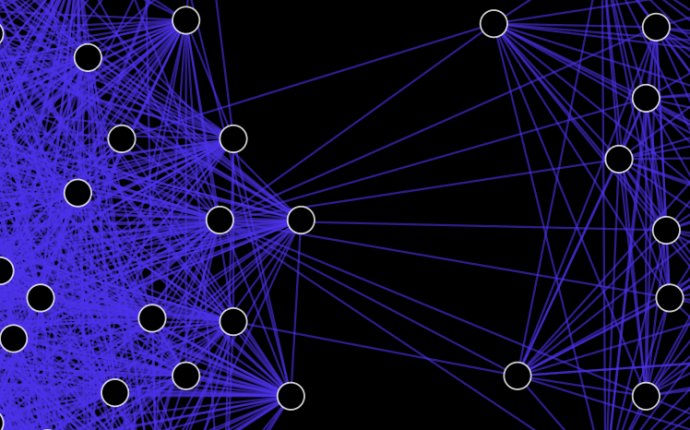
Sociological definition of institution
Institutional analysis is a popular area of research that attracts attention from scholars in sociology, management, and political science. A number of books and surveys have been written that survey this ever-growing literature. In general, these books are authored by leading scholars and provide a synthesis, overview, and critique of various strands of institutional research. Some texts, such as Scott 2008, are monographs that provide a thorough account of this area, while others are anthologies that collect highly influential articles and provide contextualizing introductory essays. DiMaggio and Powell 1991; Scott and Meyer 1994; Brinton and Nee 1998; and Greenwood, et al. 2008 each give summaries of the main ideas of institutional research as it existed at the time. Clemens and Cook 1999 focuses on the relationship to political science.
Brinton, Mary C., and Victor Nee. 1998. The new institutionalism in sociology. Stanford, CA: Stanford Univ. Press.
Explores how institutions may be viewed as rules that emerge from individual decisions that reflect cost-benefit calculations. Thus, institutional theory may have a basis in rational choice theory.
Clemens, Elisabeth, and James Cook. 1999. Politics and institutionalism: Explaining durability and change. Annual Review of Sociology 25:441–466.
An overview of work up to the late 1990s, this review article raises a fundamental question: if institutions are made up of rules or norms that constrain behavior, then how does social change occur according to institutional theory? This essay focuses on the processes that might disrupt institutions.
DiMaggio, Paul J., and Walter W. Powell, eds. 1991. The new institutionalism in organizational analysis. Chicago: Univ. of Chicago Press.
Collects most of the important articles that defined new institutional theory in the 1970s and 1980s. The introductory essay by DiMaggio and Powell and a commissioned essay by Freidland and Alford have become influential as well. There are two sections, one is on theory and the other on empirical applications.
Greenwood, Royston, Christine Oliver, Kerstin Sahlin, and Roy Suddaby. 2008. The SAGE handbook of organizational institutionalism. Thousand Oaks, CA: SAGE.
Provides an overview and selection of institutional theory as it has been developed and applied in sociology and management.
Scott, W. Richard, and John W. Meyer. 1994. Institutional environments and organizations: Structural complexity and individualism. Thousand Oaks, CA: SAGE.
Explains how institutions define an organization’s environment. This book is also notable because it contains the original analysis of schools that motivated Meyer and Rowan’s argument about loose coupling of organizations and environments.









